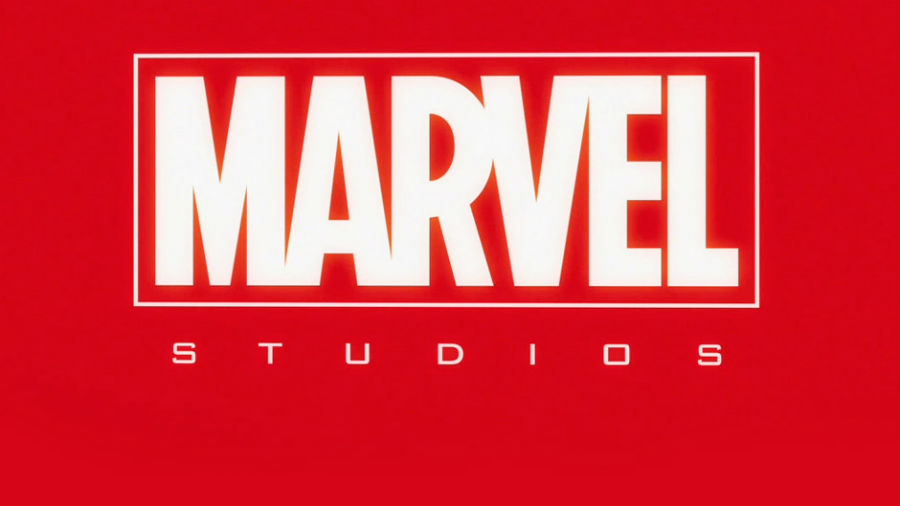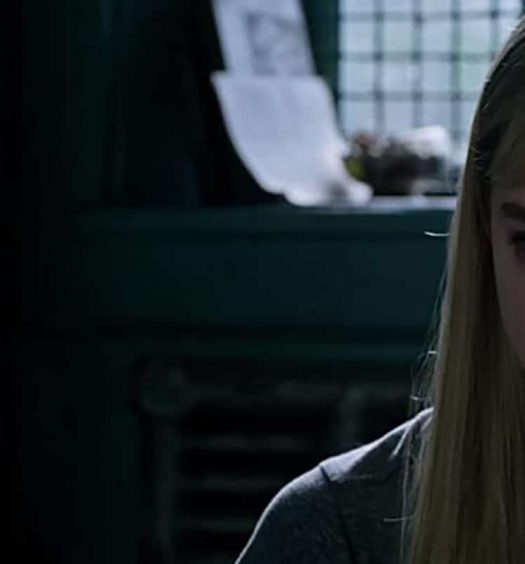As the fallout between Marvel Studios president Kevin Feige and Marvel Entertainment CEO Isaac Perlmutter continues to unfold, so to does the game of “he said, she said” play out in the press.
With Feige now reporting to Walt Disney Studios chairman Alex Horn, instead of Perlmutter, there’s been a rush of rumors about who was responsible for all the rights and wrongs at Marvel Studios. Before all this, the success at Marvel Studios was credited by Perlmutter, Feige and the Marvel Creative Committee made up famously by Alan Fine (associate of Perlmutter during his days at Toy Biz,) Brian Michael Bendis (prolific Marvel Comics writer), Dan Buckley (Marvel Comics publisher) and Joe Quesada (former Editor in Chief of Marvel Comics and current Chief Creative Officer of Marvel Enterprises). Now, it’s a free-for-all.
Generally speaking, news of Feige gaining sole control over Marvel Studios, while Perlmutter’s and the MCC’s influences significantly diminished, has been seen as a positive. Feige, who started his superhero movie producer days at 2000’s X-Men for 20th Century Fox, has built up a strong reputation with comic readers, moviegoers and Hollywood executives with his successful Marvel Cinematic Universe.
Perlmutter and the Marvel Creative Committee
Perlmutter, who’s frugal reputation has been reported and experienced by media outlets, made him the perfect target for outrage over Marvel Studios’ notorious tight-fisted business practices. Not only that, the leaked email conversation between him and Sony CEO Michael Lynton about female superhero movies being bad for business has backed up a recent claim by Birth. Movies. Death. that Perlmutter acted as a “roadblock” for Black Widow merchandise. And then there’s the MCC, which was blamed by Birth. Movies. Death. for the creative differences that drove auteur director Edgar Wright off Ant-Man.
However, reports by Bleeding Cool has painted an entirely different picture regarding the situation. In a rumor post following the website’s claim that Disney saw the Avengers: Age of Ultron, the superhero ensemble sequel that earned over $1 billion at the box office, as a “failure,” Bleeding Cool claimed Feige used the movie’s “failure” as a way to stronghold Perlmutter and the MCC out of the Marvel movie-making equation. It also claimed Feige was irresponsible with the filming of Age of Ultron, saying the film went through “extensive and expensive re-shoots” because he did not head the warnings by the MCC. The rumor is meant to assign blame to Feige, as The Hollywood Reported wrote the reason why Feige and Perlmutter split was because the budget of Captain America 3: Civil War had “ballooned accordingly.”
Devin Faraci, the Birth. Movies. Death. writer the reported on the MCC and Pelmutter, shot down Bleeding Cool’s claim, citing the website’s interview with Feige, who spoke about weeks of re-shoots being factored in movie budgets for Age of Ultron and Guardians of the Galaxies.
Bleeding Cool has also been vocal about news outlets reporting on Perlmutter’s frugalness, criticizing them as attempts of “character assassination.” Vanity Fair writer Joanna Robinson didn’t take kindly to Bleeding Cool’s implication that her article was part of a “calculated effort” from Feige’s camp to smear Perlmutter’s name.
Who’s Behind the Success and Failures of Marvel Studios?
The most recent rumor by Bleeding Cool claims to know which film was influenced by the MCC.
According to the website, the MCC had the strongest influence on Iron Man, Avengers, Guardians Of The Galaxy, Captain America: The First Avenger, Captain America: The Winter Soldier and Captain America: Civil War. For the films the MCC had least to no influences on: Iron Man 2, Iron Man 3, Avengers: Age Of Ultron.
The list has raised eyebrows, as the films supposedly influenced the most by the MCC were all the generally well received, while the films made without the MCC are generally considered to be mediocre. Coming off as suspiciously one-sided in the MCC’s favor.
When it comes to the first Iron Man film, the MCC did have a strong influence, as director Jon Favreau invited the brain trust and other Marvel employees at the time to look over the film’s draft. Comic writer Mark Millar suggested the removal of the Mandarin as the film’s villain, replacing him with Obadiah Stane as the Iron Monger. Beindis was also responsible for writing the dialogue for the post-credit scene featuring Nick Fury, but took no credit for the scene itself.
However, when it came to Captain America: The First Avenger, the MCC were against the film’s 1940s setting, while Feige fought hard to keep it. As quoted by Bloomberg:
The committee’s deliberations sometimes devolved into screaming matches as its members debated what was best for Marvel’s characters. One of their arguments was about Captain America.
…
There were some people at Marvel who feared that setting Captain America: The First Avenger in the 1940s would alienate young audiences. They wanted half the movie to take place in today’s world. Feige argued that the first film should occur in the past so the audience could understand the psychic dislocation that Captain America experiences 70 years later in The Winter Soldier.
During the filming of Guardians of the Galaxy, director James Gunn advised Star-Lord actor Chris Pratt not to read the recent comic book series by Bendis, since the film version was going to be its own thing. And for the sequel, Gunn will deviate even further from the comics. When Nicole Perlman, the film’s co-writer, was interviewed by Fast Company, she talked about the MCC wanting to know how movie would impact the new comic. Most importantly, Perlman credits Feige in the same interview for insisting Rocket Raccoon be included in the final film, as earlier drafts were done without the character out of fear his presences would be too much: “‘Yes, yes, we can finally do Rocket!’ I’m really glad that he was supportive of that.”
Whedon has also been open about debates with Marvel executives regarding certain scenes in Age of Ultron: “With the cave, it really turned into: They pointed a gun at the farm’s head and said, ‘Give us the cave, or we’ll take out the farm’ — in a civilized way. I respect these guys, they’re artists, but that’s when it got really, really unpleasant.”
On Captain America 3: Civil War, Perlmutter ordered the screenwriters to write Robert Downey Jr. out of the film, when Iron Man wanted a bigger role in the film and higher pay to go with it. However, Feige was able to work things out and have Downey appear significantly as Iron Man.
The Road Ahead
It’s hard to accept claims the MCC merely offered suggestions when auteur directors like Ava DuVernay had to decline director duties for Marvel Studios, in order to stay true to their own artistic vision. It’s also hard to argue that Feige’s involvement with the films were insignificant, based on published interviews. As phase three of the Marvel Cinematic Universe finally kicks in, all will be clear. With that said, things are looking brighter with Feige in control.


